commodity science gpt - specialized commodity insights
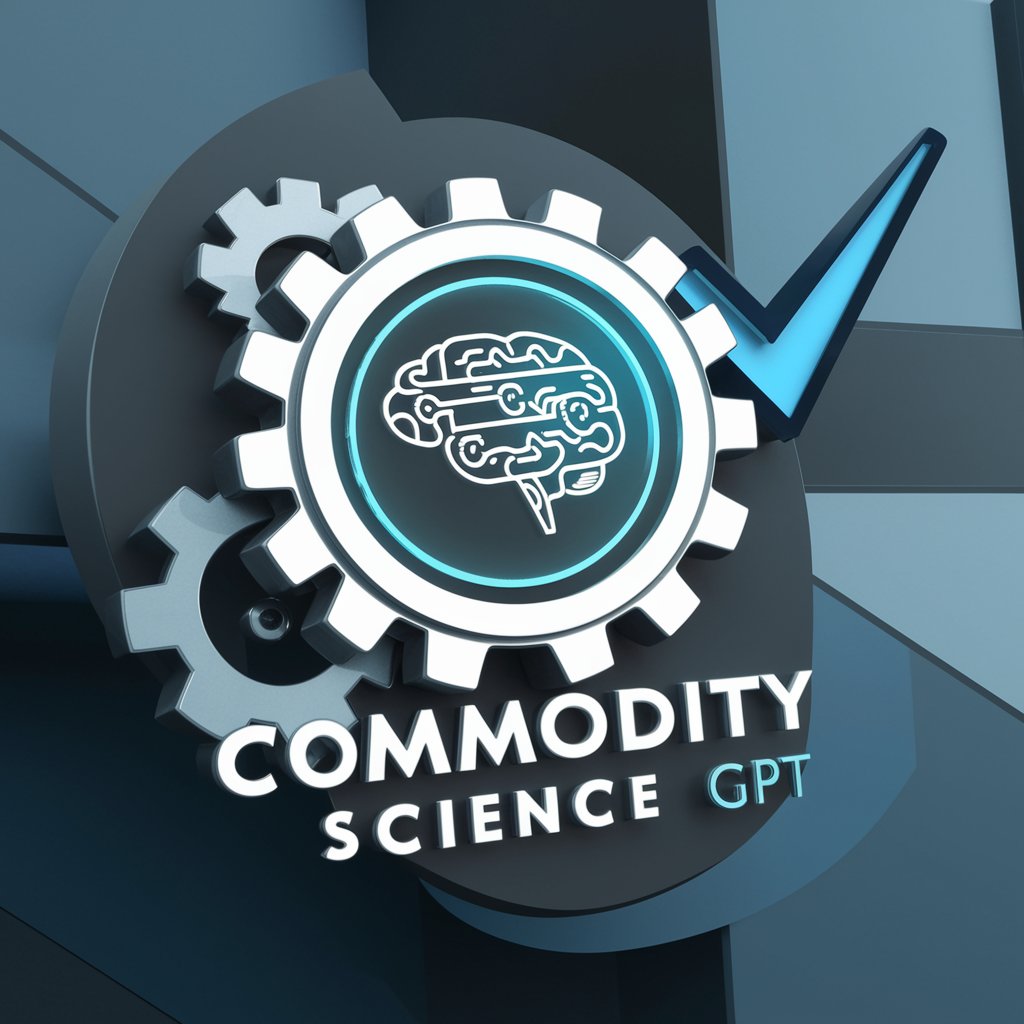
Welcome to Commodity Science GPT.
Empowering commodity insights with AI
Describe the significance of quality control in commodity science.
Explain the methods used to assess the quality of commodities.
What are the key factors influencing product quality?
Discuss the legislative frameworks for quality standards.
Get Embed Code
Introduction to Commodity Science GPT
Commodity Science GPT is designed as an advanced AI model tailored specifically for the analysis, understanding, and exploration of commodities and their associated markets. This GPT's primary purpose is to provide in-depth insights into commodity quality, market trends, production standards, and regulatory frameworks. It achieves this through the analysis of extensive datasets and documents related to commodity science. For instance, Commodity Science GPT can dissect complex quality control documents, interpret legal standards on commodity safety, or provide summaries of market research findings. An illustrative scenario might involve analyzing the impact of a new food safety regulation on the dairy industry, where the GPT could evaluate how changes in legislation affect quality control measures across different stages of dairy production. Powered by ChatGPT-4o。

Main Functions of Commodity Science GPT
Quality Analysis
Example
Evaluating the quality requirements and control measures for agricultural products.
Scenario
A user uploads a document detailing new EU regulations on organic farming. Commodity Science GPT analyzes the document, highlighting key quality control requirements and how they compare to previous standards, aiding farmers and producers in adapting their practices.
Market Trend Analysis
Example
Identifying trends in the coffee market based on consumption patterns, production levels, and quality standards.
Scenario
A coffee distributor queries the GPT about recent trends affecting Arabica and Robusta beans. The GPT, using its knowledge base, provides an analysis of current market dynamics, including the impact of climate change on production and how quality standards are evolving in response to consumer demand.
Regulatory Compliance Guidance
Example
Advising on compliance with food safety standards for processed foods.
Scenario
A small food processing company seeks assistance with navigating FDA regulations concerning additive use in snack foods. Commodity Science GPT offers detailed guidance on relevant regulations, permissible additive levels, and documentation requirements, streamlining the compliance process for the company.
Sustainability Assessment
Example
Assessing the sustainability practices within the textile industry.
Scenario
An environmental NGO wants to understand the sustainability impact of cotton production. Commodity Science GPT reviews current cultivation practices, water usage, and pesticide application, offering insights into areas for environmental improvement and sustainable practice adoption.
Ideal Users of Commodity Science GPT Services
Manufacturers and Producers
This group benefits from insights into quality control, market demands, and regulatory compliance to optimize production processes, ensure product quality, and navigate complex legal standards efficiently.
Regulatory Bodies and NGOs
These users utilize the GPT's capabilities to understand industry practices, monitor compliance with regulations, and develop policies that promote safety, sustainability, and fair market practices.
Market Researchers and Analysts
Professionals in this field leverage the GPT's analysis of market trends, consumer behavior, and commodity research to forecast market movements, identify opportunities, and advise clients or stakeholders.
Educators and Students
Academic users find value in accessing detailed, up-to-date information on commodity markets, quality standards, and production techniques for teaching, learning, and research purposes.

How to Use Commodity Science GPT
1
Visit yeschat.ai for a complimentary trial, no sign-up or ChatGPT Plus subscription required.
2
Select the Commodity Science GPT from the available tools list to start exploring commodity-related insights.
3
Input your query related to commodity science, ensuring it's clear and specific to get the most accurate response.
4
Review the generated response, and if further detail is needed, refine your question or ask for additional information.
5
Utilize the feedback option to improve future interactions, helping the AI to better understand and respond to your queries.
Try other advanced and practical GPTs
Edtech Company Analyst
AI-powered edtech market intelligence
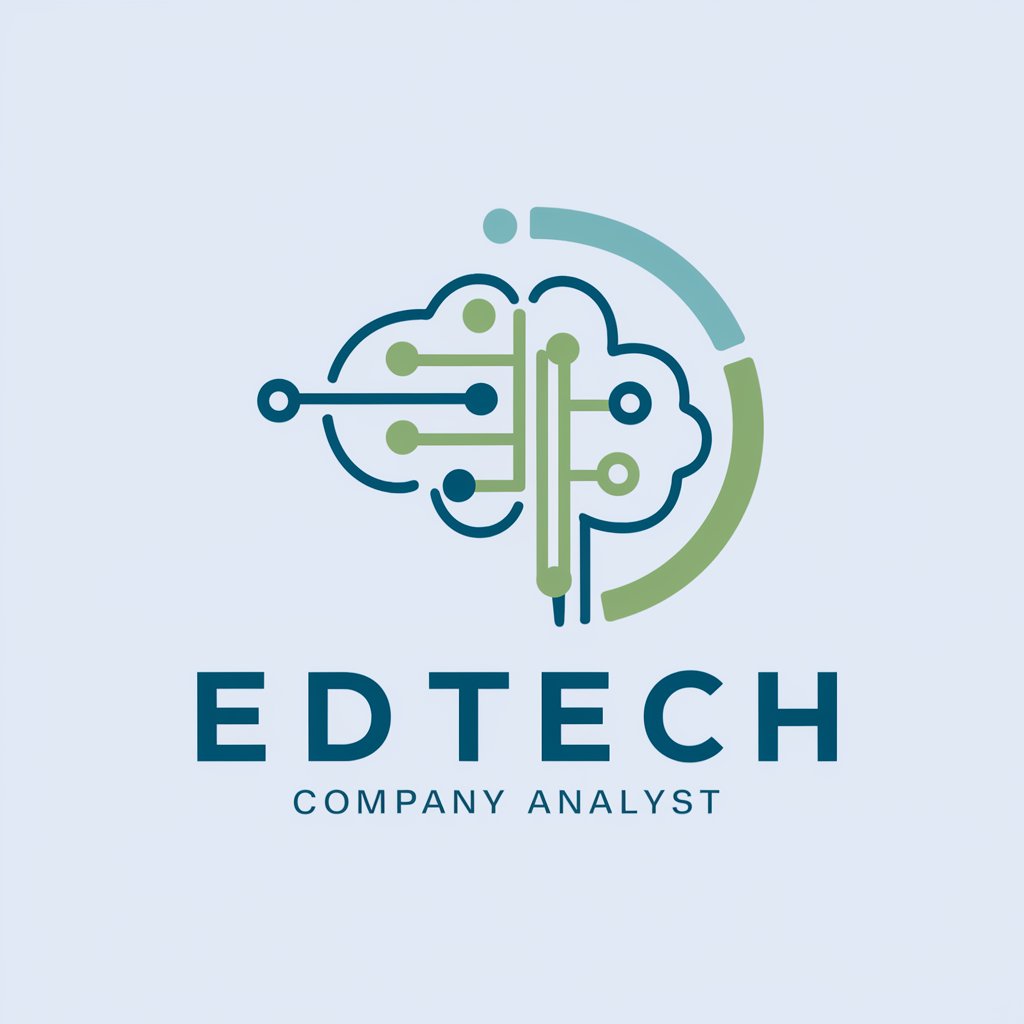
FREE AI SEO Parasite SEO Article Creator Tool
Empowering SEO with AI Creativity

Compose Pro
Empowering Android Development with AI

Sticker Magic
Design Your Dream Stickers, AI-Powered

Tog 2023 - 2
Enhancing productivity with AI-driven insights
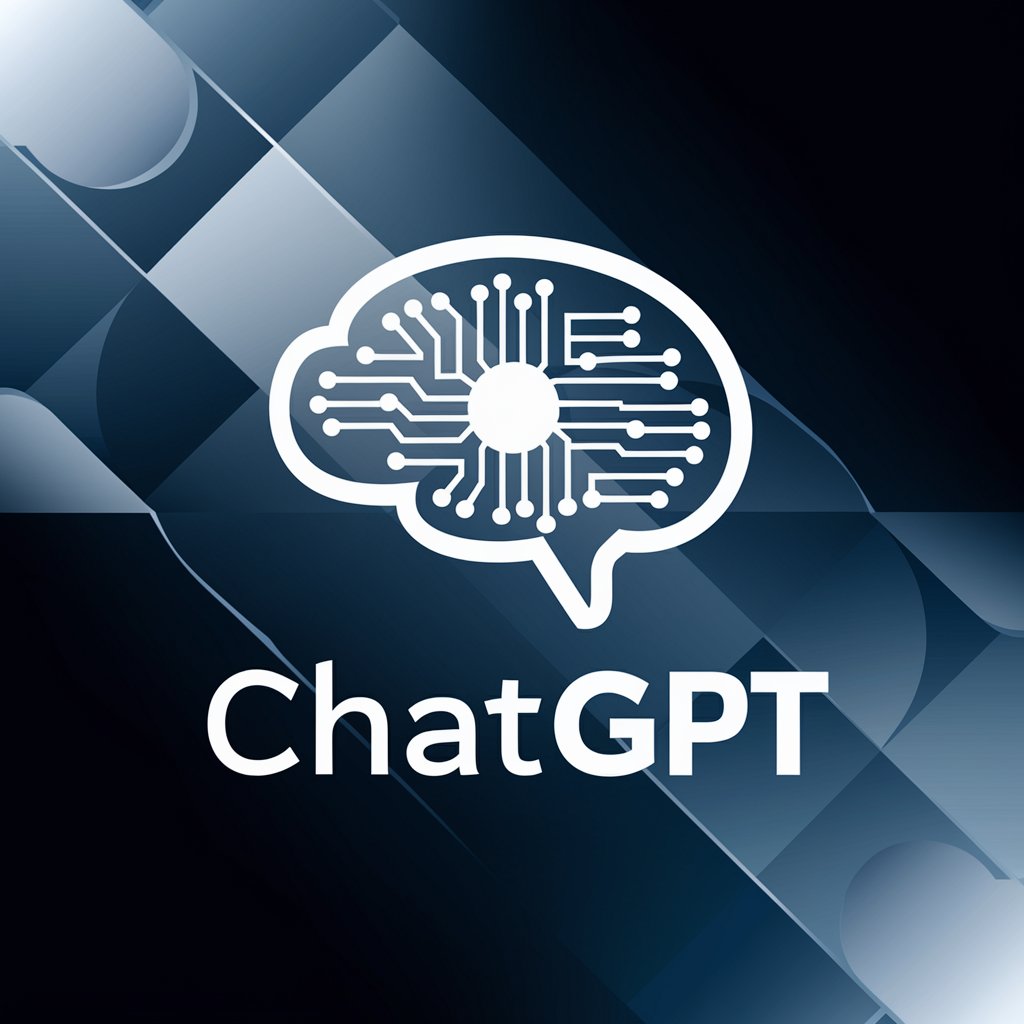
FREE Image Alt Text Creator based on URL
AI-powered Alt Texts for Enhanced SEO
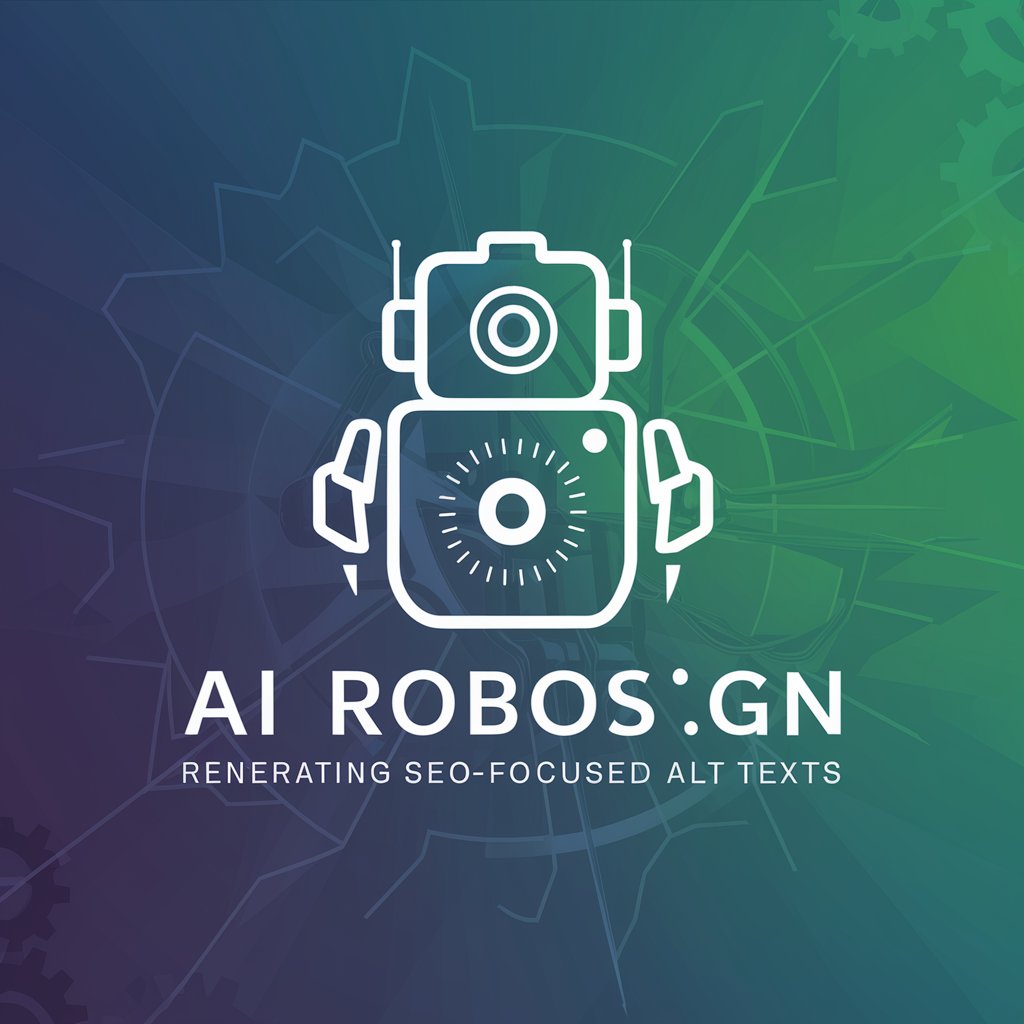
SlideWizard
Revolutionizing Presentations with AI

SEO Site Structure - Chadix.ai
Empower Your SEO with AI-Powered Site Structuring

Trauma Therapy Guide
Empowering Trauma Recovery with AI

Master Prompt 2
Unleash Creativity with AI-Driven Art Prompts

Official Correspondent
Streamline Your Official Documents with AI
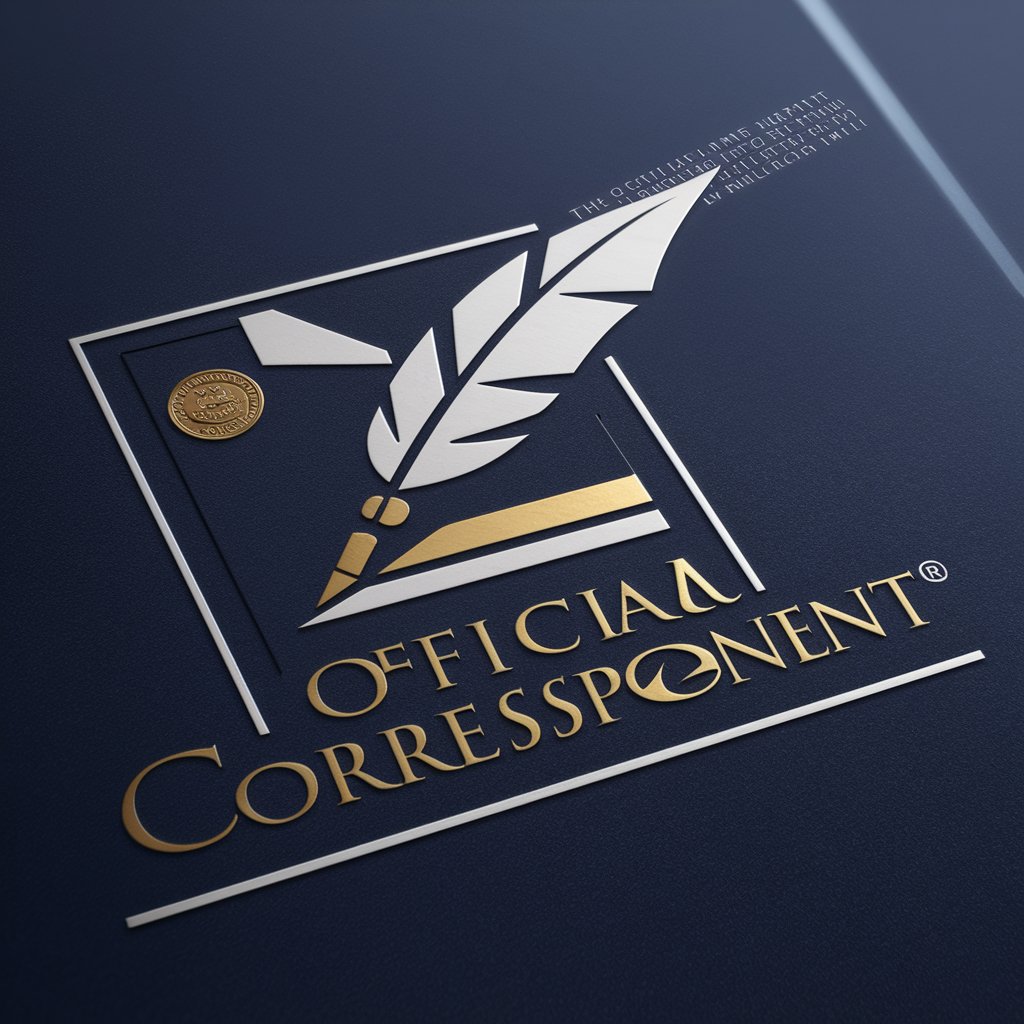
Emojis for Recipes
Bringing recipes to life with emojis
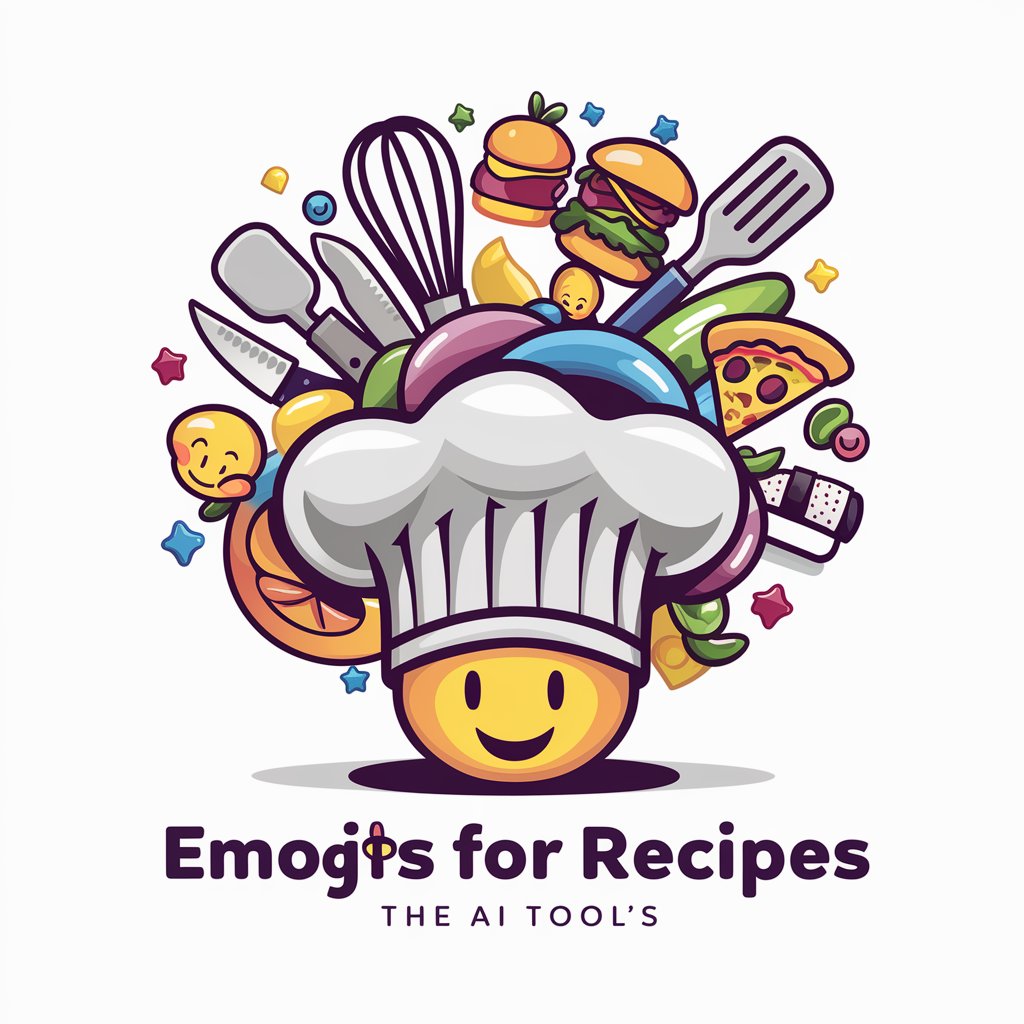
Commodity Science GPT Q&A
What is Commodity Science GPT?
Commodity Science GPT is a specialized AI tool designed to provide insights, analysis, and information on commodity science, leveraging vast amounts of data to assist users in making informed decisions.
Can Commodity Science GPT predict commodity market trends?
While it offers data-driven insights and historical analysis, it does not predict future market trends but can help users understand factors influencing commodity markets.
How can educators use Commodity Science GPT?
Educators can use it to enhance their curriculum with up-to-date commodity science information, provide students with real-world examples, and facilitate research.
Is Commodity Science GPT suitable for students?
Yes, students can use it to access detailed information on commodity science, aiding in assignments, research, and understanding complex concepts.
How does Commodity Science GPT stay updated?
It relies on a continuous learning process from a wide range of commodity science materials, ensuring it provides the most current information and analysis.
